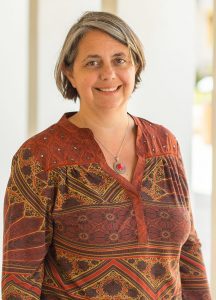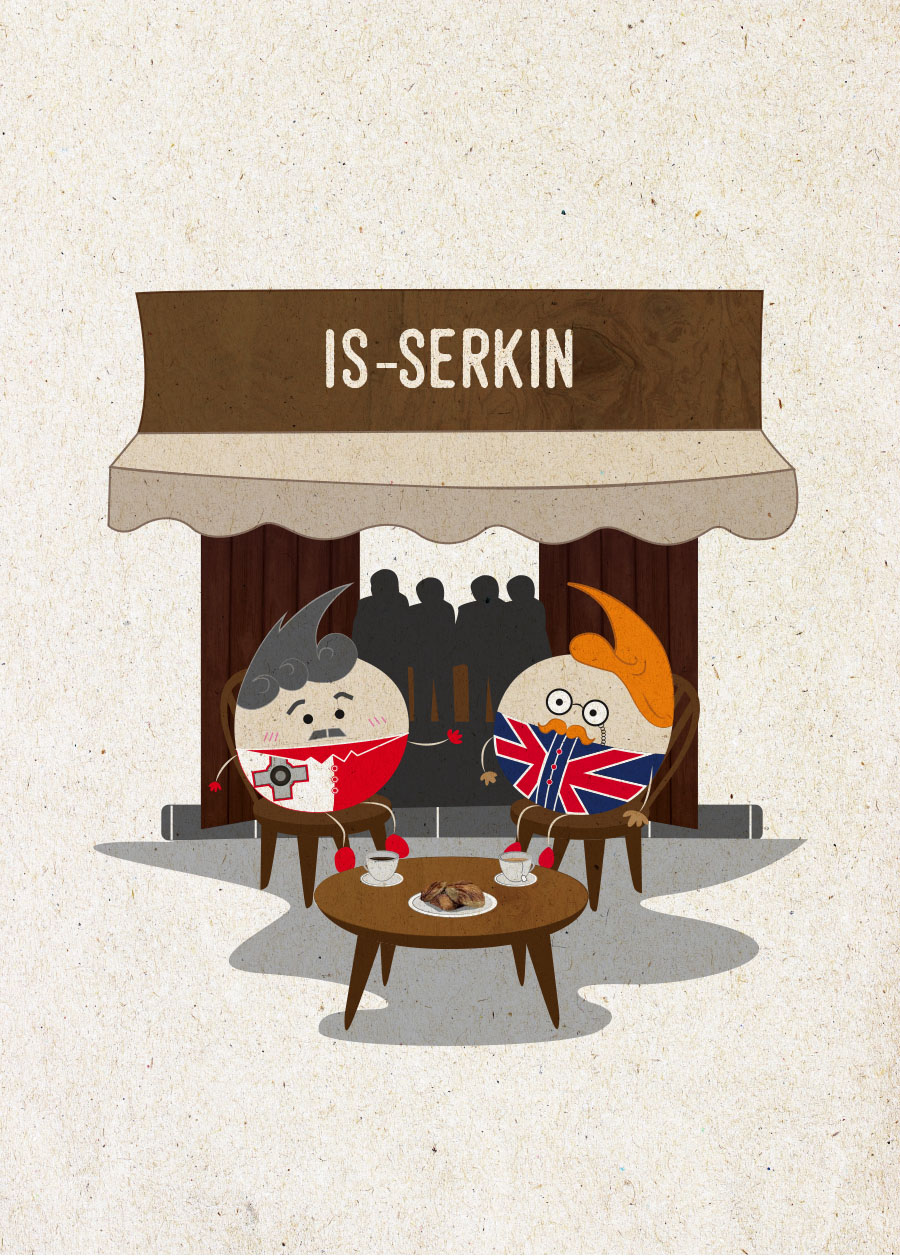In Malta, diversity in language is both sought after and shunned. Some embrace change as creative and interesting, others admonish it as ‘incorrect’. Dr Sarah Grech dives into this paradox and wonders if a shift in perception can help see our languages flourish.
They say variety is the spice of life. Cliche? Maybe. But also very true—especially when it comes to language.
To understand this variation, linguists regularly adopt a nonjudgmental approach, leaving behind the idea of something being said or written incorrectly, focusing on finding out how it is actually used in the real world. This approach, defined as descriptivist, not only helps identify predictable patterns of language use in the unlikeliest of linguistic encounters, but also encourages an appreciation for the rich forms of self-expression present in individuals everywhere.
However, as a linguist working in Malta, I face a strange conundrum. On one hand, Malta’s linguistic wealth is plainly evident in anything from the witty and totally irreverent Għana (Maltese folk music) that is still alive and well, to my young children’s ability to recognise Maltese, English and Italian on their cereal boxes at breakfast. On the other hand, there is a palpable concern that some vital linguistic skills are being eroded, or lost completely, putting students and job-seekers at risk. It would be easy to dismiss these concerns as idle complaints. Yet, it would be a cultural tragedy to enforce rigid rules and regulations that would stifle the ability to tell stories or sing songs in a mashup of languages. A new solution is needed.

Multilingualism has been a solid part of the local cultural heritage. As Joseph M. Brincat notes in his book Maltese and Other Languages, Maltese has co-existed with a succession of other languages for hundreds of years, the latest being English, the current trending global language. Given this background, one would think that Malta’s exposure to so many different languages would make it open to variety. However, I often encounter resistance to the idea. This is followed by anxious concern or outright condemnation of perceived diversions from a norm.
A small consolation is that we are not alone in our concerns. The worry that standards in language are falling is such a familiar one that linguists Milroy and Milroy gave it a term of its own, the ‘complaint tradition’. Local evidence of this can be found in the drawn-out threads of irate comments following local media coverage of anything vaguely language-related connected with education or employment. Because of this, a linguist’s attraction to diversity and variation in language must be tempered by an appreciation that some sectors of society benefit from a stricter approach. This is where sensitivity to context is applied when implementing rules. While a society benefits from being multilingual, it also benefits from the freedom to shape languages and create variants when needed.
In Malta, as elsewhere, students need good exam results to progress through the educational system and move on to a rewarding job. Brincat documents an increase in students taking English and Maltese language and literature exams. That increase is coupled to a steady trend of healthy grades in both Maltese and English.
Exams are the most popular form of assessment but are they the best measure of performance? Exams can only give a close-up snapshot of linguistic ability, which is why it is limiting to focus on them and strategies to pass them, at the expense of broader linguistic dexterity. The nurturing of linguistic ability must go beyond school walls, having widespread support from an entire society if it is to carry us through life.
Maltese citizens tend to be quick to complain, but less forthcoming with concrete directions. For example, what do we do with the sometimes alarmist views that poor writing skills are costing employees their jobs, when it is not clear what the parameters for good writing skills are in such contexts? Does good writing simply mean correct and clever sentence structures? Should we aim for elegance of expression and some smooth rhetoric? The range of possible options is particularly true for English, which is now used in so many diverse ways that some linguists refer to it in the plural—‘Englishes’. Should we use British English, where Malta gets its English from in the first place? American English, perhaps the most prestigious, at the moment, at least among teenagers? How about Maltese English, oh wait, is that not just bad English?
The range of possible options is particularly true for English, which is now used in so many diverse ways that some linguists refer to it in the plural—‘Englishes’.
As a linguist, I might suggest reserving judgment for a moment, until we can identify what works, what doesn’t, and in which contexts. Sometimes a job might require linguistic acrobatics: a teacher might need to really inspire her students with some poetic language; a lawyer could really persuade a case with some well-chosen words. Equally, language sometimes just has to be good enough to get a message across clearly.
This is not to say that we simply need to understand each other, as that too, would be limiting. But diversities are key, and just as we are all bilingual to varying degrees, we are all sensitive to different social contexts which require a range of linguistic abilities. It is this linguistic dexterity which we want to nurture and the norms which need to be determined not just by teachers or by employers, but by an informed and sensitive society.





Comments are closed for this article!